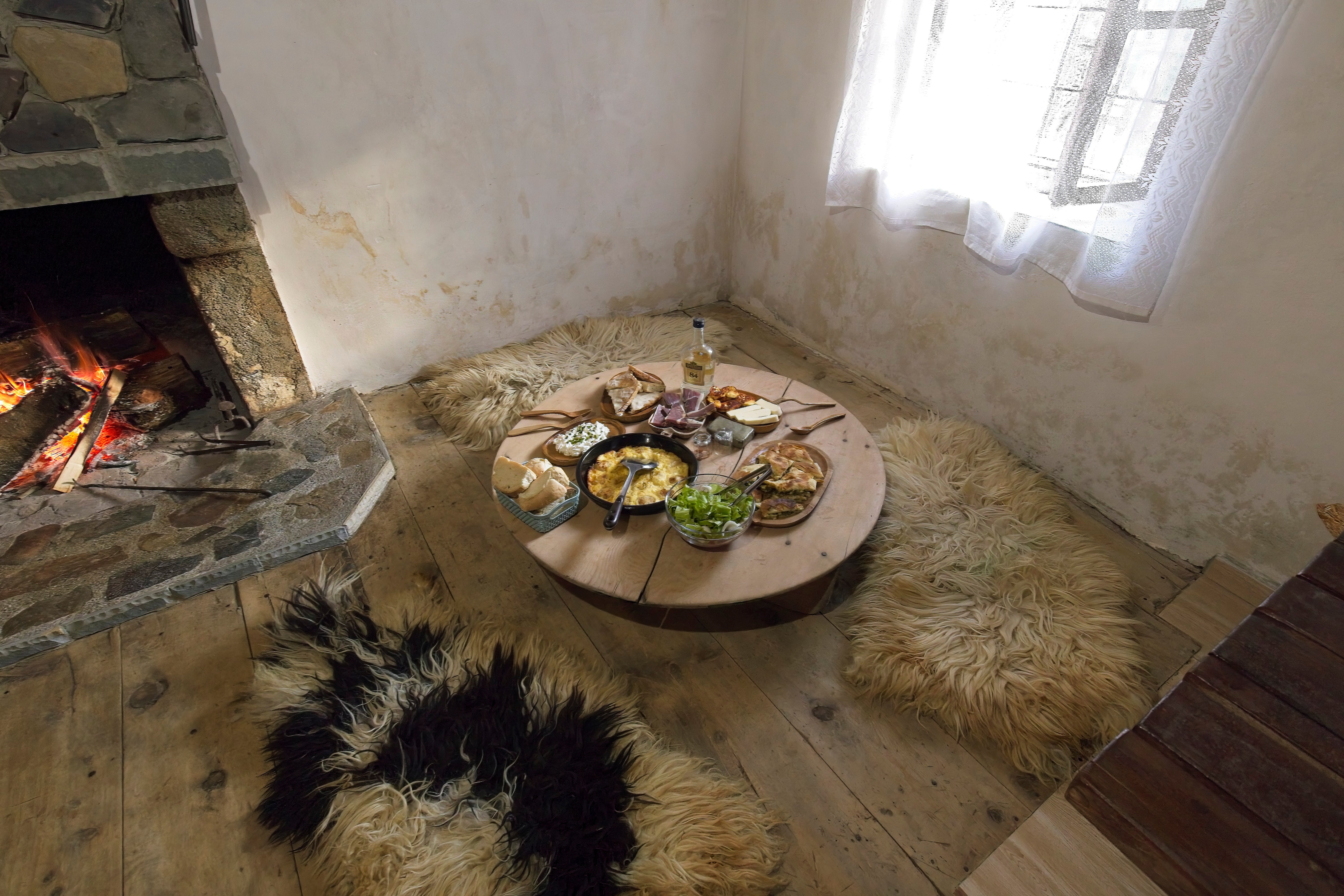This website uses cookies so that we can provide you with the best user experience possible. Cookie information is stored in your browser and performs functions such as recognising you when you return to our website and helping our team to understand which sections of the website you find most interesting and useful.
Support truly
independent journalism
Our mission is to deliver unbiased, fact-based reporting that holds power to account and exposes the truth.
Whether $5 or $50, every contribution counts.
Support us to deliver journalism without an agenda.

Louise Thomas
Editor
Even a week after I returned from Albania, in my mind I was still in the Accursed Mountains, a fitting name for the dramatic limestone karst and thick beech forests that stood before me.
With scenes resembling the Peruvian Andes, it was hard to believe it was just a three-hour flight away from home in the UK. These untamed landscapes have few signs of civilisation (not counting the increasing number of hikers on the Valbona Pass).
A detox to modern life, the valleys are sporadically dotted with kullas (north Albanian farmhouses), which are hundreds of years old, quite possibly the same ones Victorian travel writer Edith Durham passed by. In her 1909 travelogue, High Albania, she noted how “time stood still” in Theth and the surrounding villages.
One could argue it hasn’t moved on much since, with a few exceptions: you can take a Land Rover Defender taxi to your guest house rather than a mule; there are a handful of hotels after a post-millennium tourism boom, and, thankfully, the isolation tower is just a museum these days as blood feuds are a rarity. There is, of course, hot water and wifi now, too (unless a storm knocks it off), so you’re not totally off-grid.

Read more on Europe travel:
The farms there have passed down through the generations and are tended in traditional ways; the family I stayed with still leads their cattle up to high summer pastures in Theth and back down to the foothills in Shkodër to escape the harsh winters. Many like them are now opening their ancestors’ homes to hikers, offering a priceless cultural exchange, farm-to-table home-cooked food, and all-consuming bucolic beauty.
But even in 2024, Theth and Valbona are relatively cut off from the outside world; they only recently had some of their roads tarmacked and it’s quicker to hike the pass between the two than drive.
The natural world remains even more unchanged. Large sections of the forests are so untouchable they’re considered primeval, particularly near the border with Kosovo, where there are trees thought to be more than 350 years old. As I clambered up to the saddle of the Valbona Pass (1,800m above sea level) to a chorus of cuckoos, I gazed down at the prismatic Valbona River. A mere thread vein through the floodplain in June, it’s one of Europe’s cleanest rivers.

However, Albania’s ultimate claim to being Europe’s final wild frontier is the mighty Vjosa, the continent’s last completely untouched river outside of Russia. Though part of it crosses Greece, the majority slices through Albania, where it became the first river to be designated a national park in 2023 to protect it.
Seventy-five per cent of Albania is made up of these larger-than-life landscapes, and while can be touted as the affordable fly-and-flop destination, beach bums are missing out by making a beeline for the seaside.
Instead, touch down in Tirana and head north. Within minutes of leaving the airport, you’re driving through pastures synonymous with a Greek island: fruit orchards, shepherds herding their sheep, and hazy mountains along the skyline. Stop to admire the views with a spot of lunch at Mrizi i Zanave, an award-winning agritourism dining establishment that locals flock to at the weekends. Take a free tour of their wine and cheese stores and learn how they produce their food on site before tucking in. There’s no menu; you will be served whatever is in season.

Continue for another two to three hours to Shkodër, the namesake of southern Europe’s largest lake, which teeters on the border with Montenegro. Known as Albania’s cycling city, Shkodër is a perfect base for exploring the lake and the Albanian Alps. It’s not far from there that on a 30C June afternoon, I drifted into a nature reserve surrounded by water lilies on a stand-up paddleboard and sank my feet into the putty-like lake floor during a swim. Here, the Dalmatian pelican squawked from behind the reeds as our guide Drini explained how conservation work has brought them back from the brink of extinction. The conversation changed pace when we tittered at the local name for carp fish (“krap”). He got us back with English words that translate to something rude in Albanian – I will leave you to discover those for yourself.
A little later, I continued bathing in the refreshing water at Lake Shkodra resort where, after a sunset dip spent staring across at Montenegro on the far side, I retreated to my bell tent and drifted off to the mating calls of Albanian water frogs and later into the night, golden jackals, which I mistook for children guffawing in the fields past their bedtime, stirred me.
The lake’s beauty has long attracted German tourists but much of western Europe is still unaware of North Albania’s hidden beauty. To wake up and gaze out at the Accursed Mountains on one side and the Montenegrin border on the other was magic. Slow travel is the best approach here. By hiking, biking and paddling through it, you get the full story. As tourism increases, I only hope Albania remains wild at heart.
How to do it
There are daily direct flights from London, Birmingham, Bristol and Manchester to Albania’s capital, Tirana.
Laura Sanders was hosted by Undiscovered Balkans on their seven-day North Albania holiday.
Read more: The best holiday destinations in Europe you can reach by train from London



 Africana55 Radio
Africana55 Radio 
